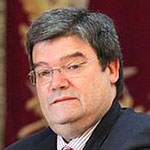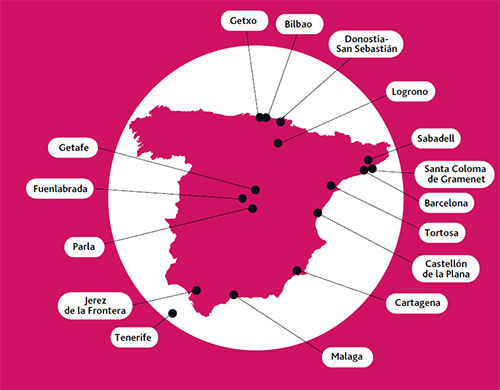Bilbao, Spain - Intercultural City

Bilbao, with around 350.000 inhabitants, is the capital of Biscay and the economic, social and cultural centre of the Basque Country. Due to the profound crisis in the 80s that affected its fundamental economic sectors (metallurgy, steel and naval), the city needed to reinvent itself and face great challenges: high rates of unemployment, environmental and urban degradation, strong internal emigration and the emergence of social marginalisation issues. Bilbao was able to achieve a transformation thanks to local political management, public-private and inter-institutional cooperation, and its success was acknowledged on the world stage: the Lee Kuan Yew World City Prize (2010), the European Public Sector Award (EPSA) 2011 for the project “Political Management based on Financial Rigor and Strategic Budgets”, culminating in the World Mayor award bestowed on mayor D. Iñaki Azkuna in 2012.
Similar to other European cities that have developed successful strategies through the creative management of diversity, the city hall of Bilbao designed and executed the Municipal Plan for Diversity Management BI-OPEN (2011-2013) to construct a city that is educative in values of coexistence and open to diversity. In its evaluation, the result of citizen participation (both natives and foreigners) and the participation of RECI enabled the design of a Local Strategy of Diversity Management, the execution of which is scheduled for the coming years. The final objective: fostering integration, social cohesion and coexistence from an intercultural perspective.
- What is the ICC Index?
- Bilbao Results: 1st Report (October 2013) - 2nd Report (May 2018) - 3rd Report (december 2020)
- Convenor's report "Intercultural Cities workshop on multilingualism as a resource for cities" - Bilbao, 18-19 September 2014

Juan María ABURTO





